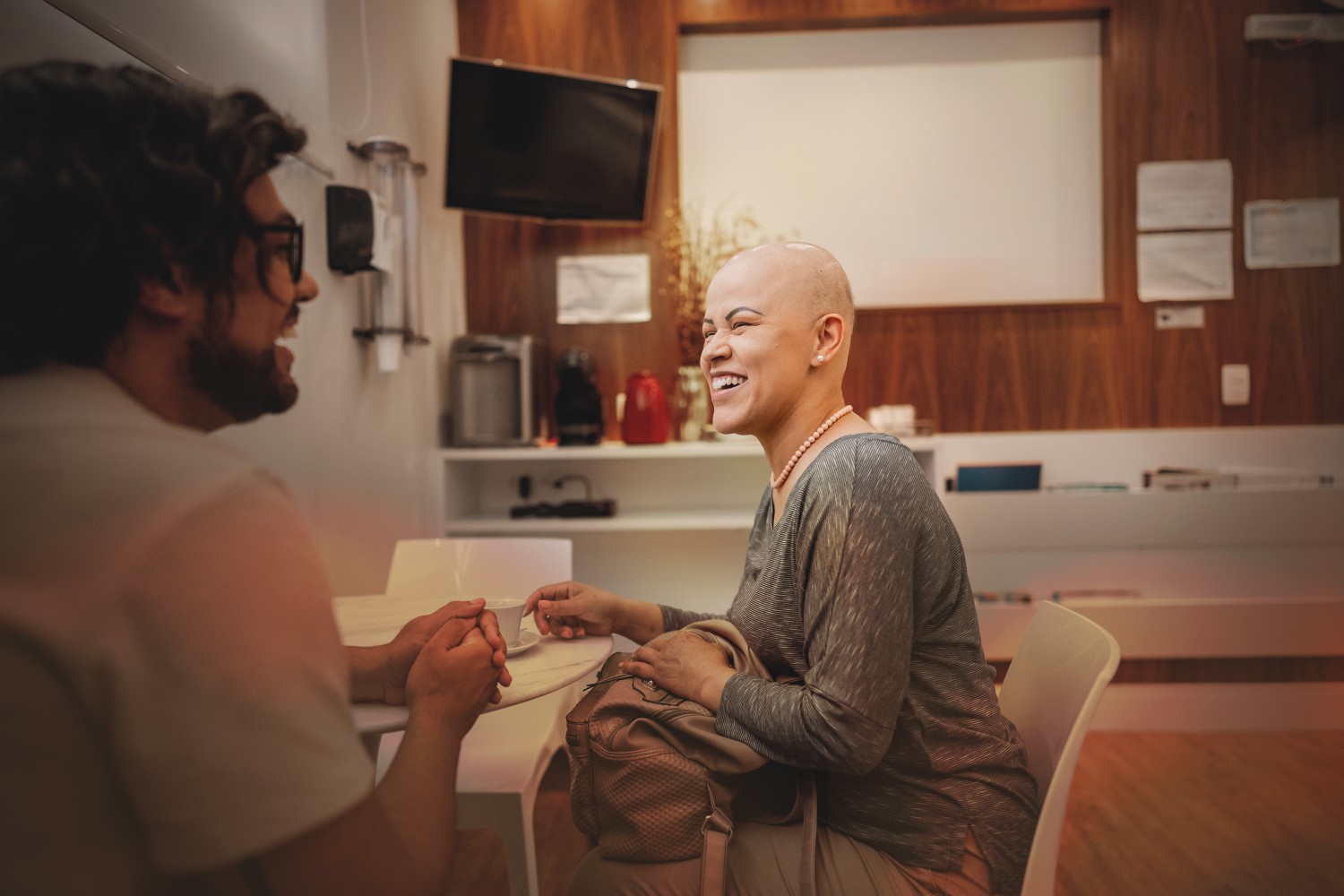A diagnosis of mouth or throat cancer is life-changing. In many cases, the disease is only detected once it has spread, requiring intensive treatment such as surgery, chemotherapy and radiotherapy.
Recovery can involve long and difficult rehabilitation, with patients sometimes needing feeding tubes, tracheostomies or other interventions to eat, breathe and communicate again.
A gruelling process faced by thousands
The diagnostic process itself can also be distressing. For thousands of people each year in the UK, where more than 12,000 cases of mouth and throat cancer are diagnosed, confirmation often comes through invasive biopsies or cameras inserted through the nose or mouth.
These procedures are not only uncomfortable but, when diagnosis is delayed, may leave patients facing more complex treatment and poorer outcomes.
A simple sweet with life-saving potential
Researchers at the University of Birmingham are developing a less invasive alternative that could make a huge difference for patients: a flavoured ‘lollipop’ test designed to spot mouth cancers earlier, when treatment is most effective.
Co-funded by Cancer Research UK and Swindon-based UK Research and Innovation (UKRI), Dr Ruchi Gupta’s team in the School of Chemistry has created a smart hydrogel that can capture cancer-linked proteins from saliva.
The process is simple. A patient sucks on the lollipop and the hydrogel absorbs their saliva. In the laboratory, the gel is exposed to a specific colour of light, releasing the trapped proteins for analysis.
The aim is to deliver a test that is quick, accurate and comfortable, ideally taking no more than 10 minutes in a clinic.

